This is the quintessential communication handbook for parents. Instead of lectures and punishments, it offers brilliantly simple and effective techniques—often illustrated with relatable cartoons—for navigating everyday conflicts. It teaches you how to phrase things in a way that fosters cooperation, validates feelings, and builds mutual respect. It is less about overarching theory and more about what to say in the moment.
Essential Reading for Positive Parenting
The books are grouped by their primary focus to help you find what you need most, whether it's understanding the science behind your child's brain, learning specific communication techniques, or fostering resilience.
The Foundational "How-To" Guides
These books are excellent starting points and provide the core principles and actionable strategies for positive, respectful parenting.
How to Talk So Kids Will Listen & Listen So Kids Will Talk
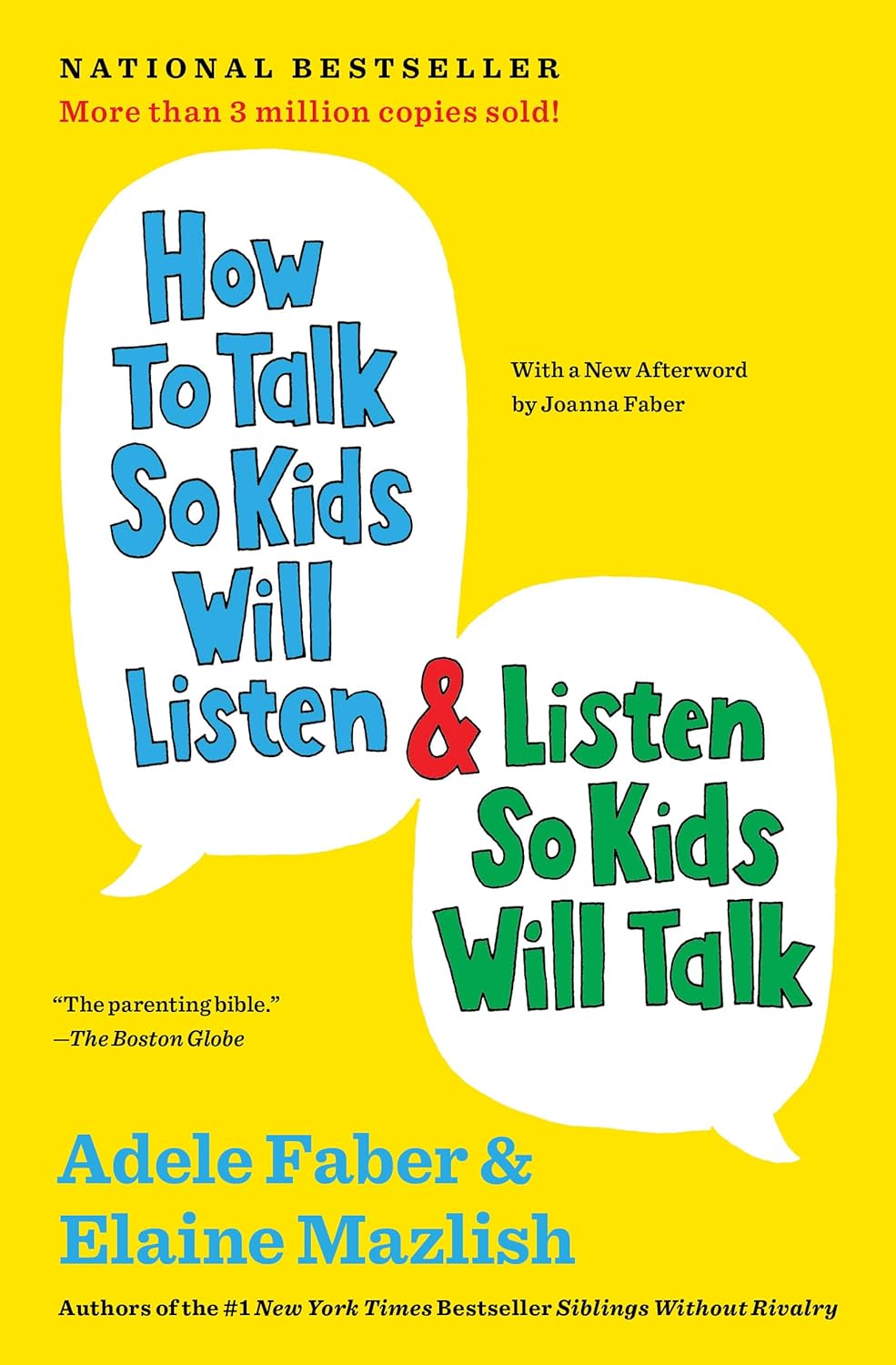
Peaceful Parent, Happy Kids: How to Stop Yelling and Start Connecting
Dr. Markham's approach is built on a simple but profound idea: a parent's own emotional regulation is the key to raising a happy and well-adjusted child. The book is structured around three main concepts: 1) Regulating yourself (managing your own anger), 2) Fostering connection (building a strong emotional bond), and 3) Coaching, not controlling (guiding your child with limits, not punishments). It's a powerful guide for parents who want to stop the yelling cycle.
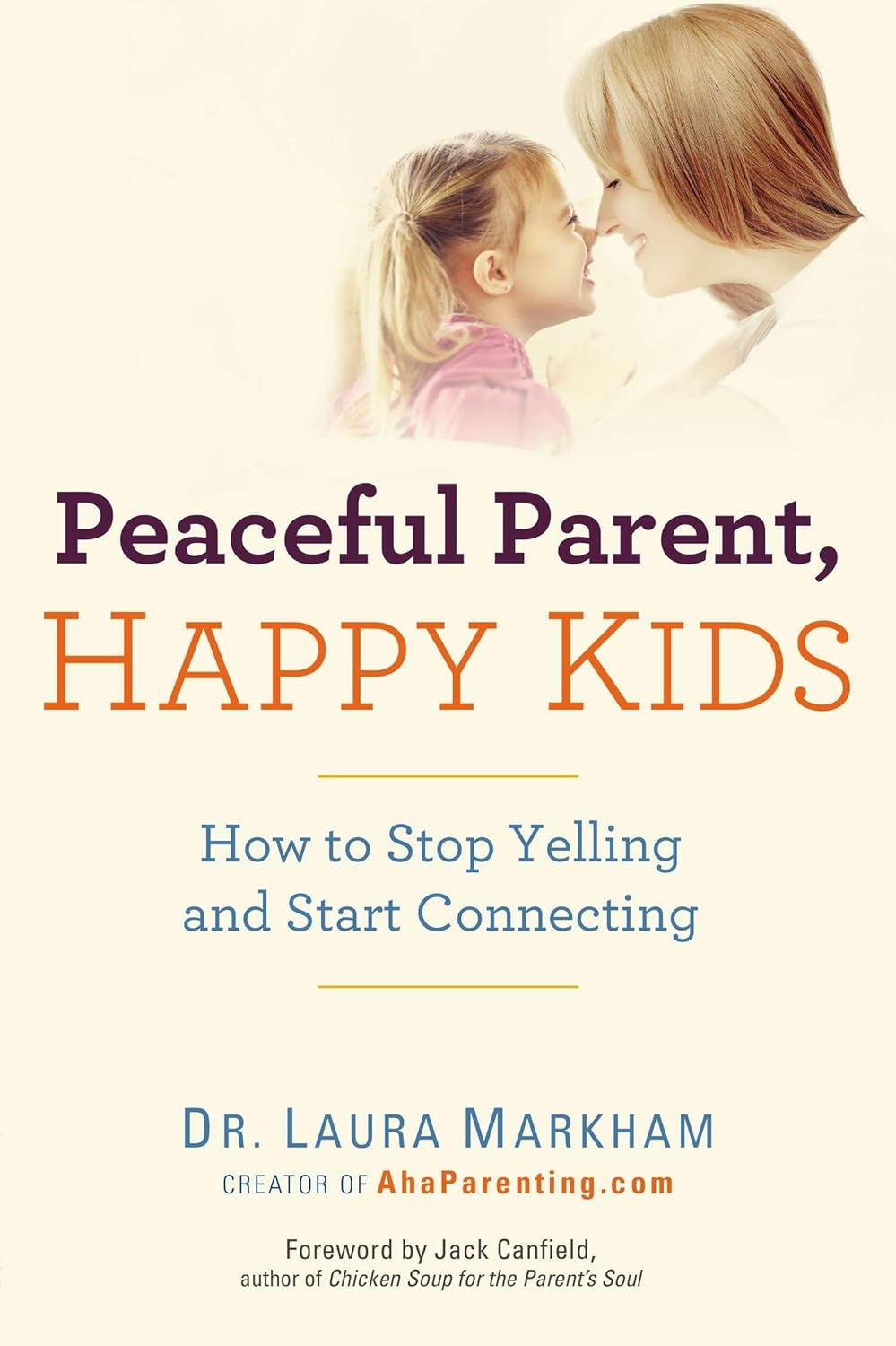
Understanding the "Why" - The Science of Your Child's Brain
These books demystify child development and behavior by explaining the neuroscience behind why kids act the way they do, providing the "why" behind the positive parenting strategies.
The Whole-Brain Child: 12 Revolutionary Strategies to Nurture Your Child's Developing Mind
This groundbreaking book makes complex neuroscience accessible and practical. It explains how a child's brain is wired and how it matures, offering 12 strategies to respond to everyday struggles (like tantrums, fights, and fears) in a way that builds a stronger, more integrated brain. It teaches you to turn outbursts and conflicts into opportunities to foster emotional intelligence and resilience.
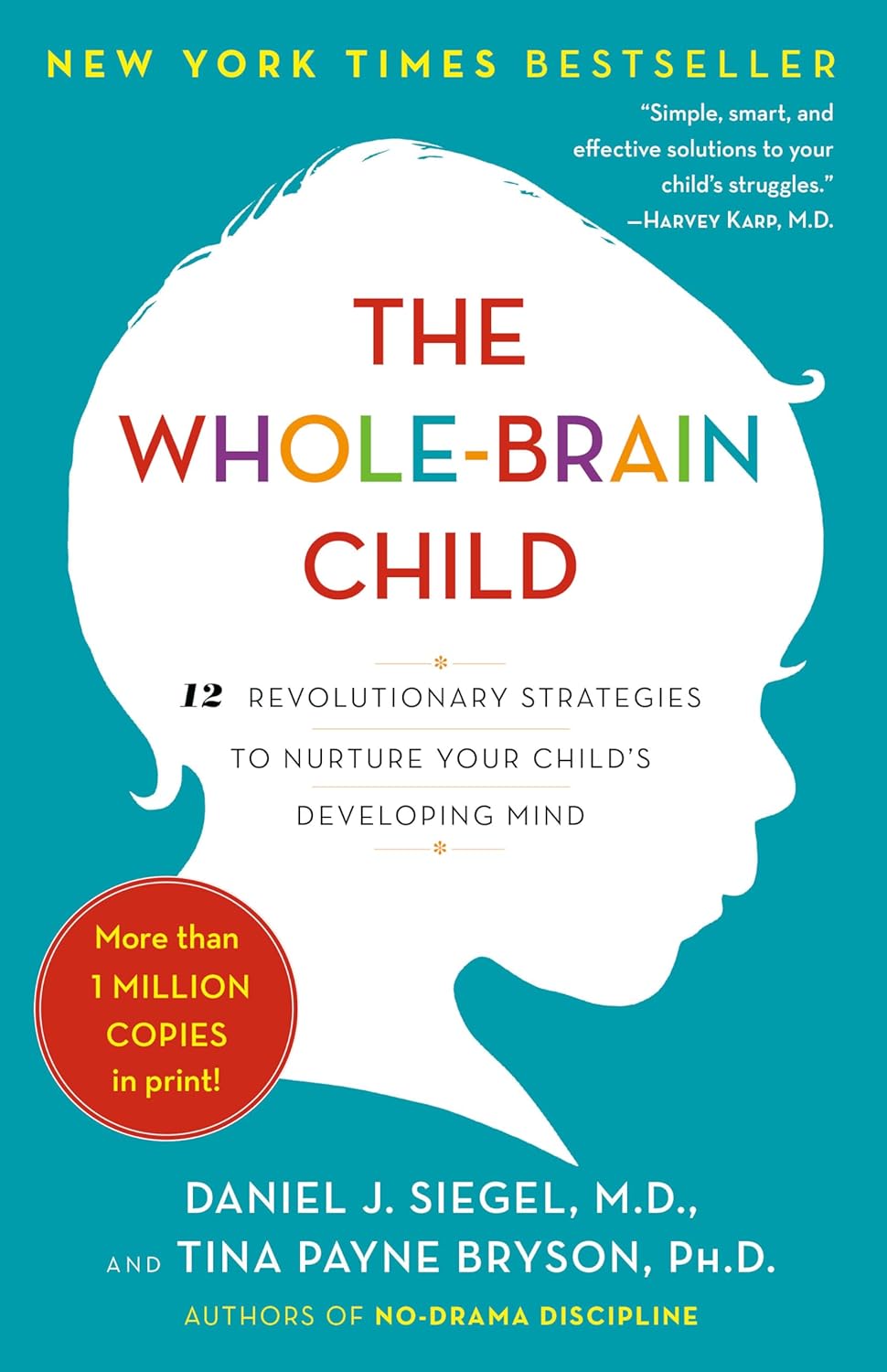
No-Drama Discipline: The Whole-Brain Way to Calm the Chaos and Nurture Your Child's Developing Mind
A direct follow-up to The Whole-Brain Child, this book applies the same neurological principles specifically to the concept of discipline. It redefines discipline not as punishment, but as teaching. The authors provide a clear method: connect with your child first to calm the situation, then redirect their behavior. It's packed with practical scripts and strategies for handling misbehavior in a way that builds skills rather than instilling fear.
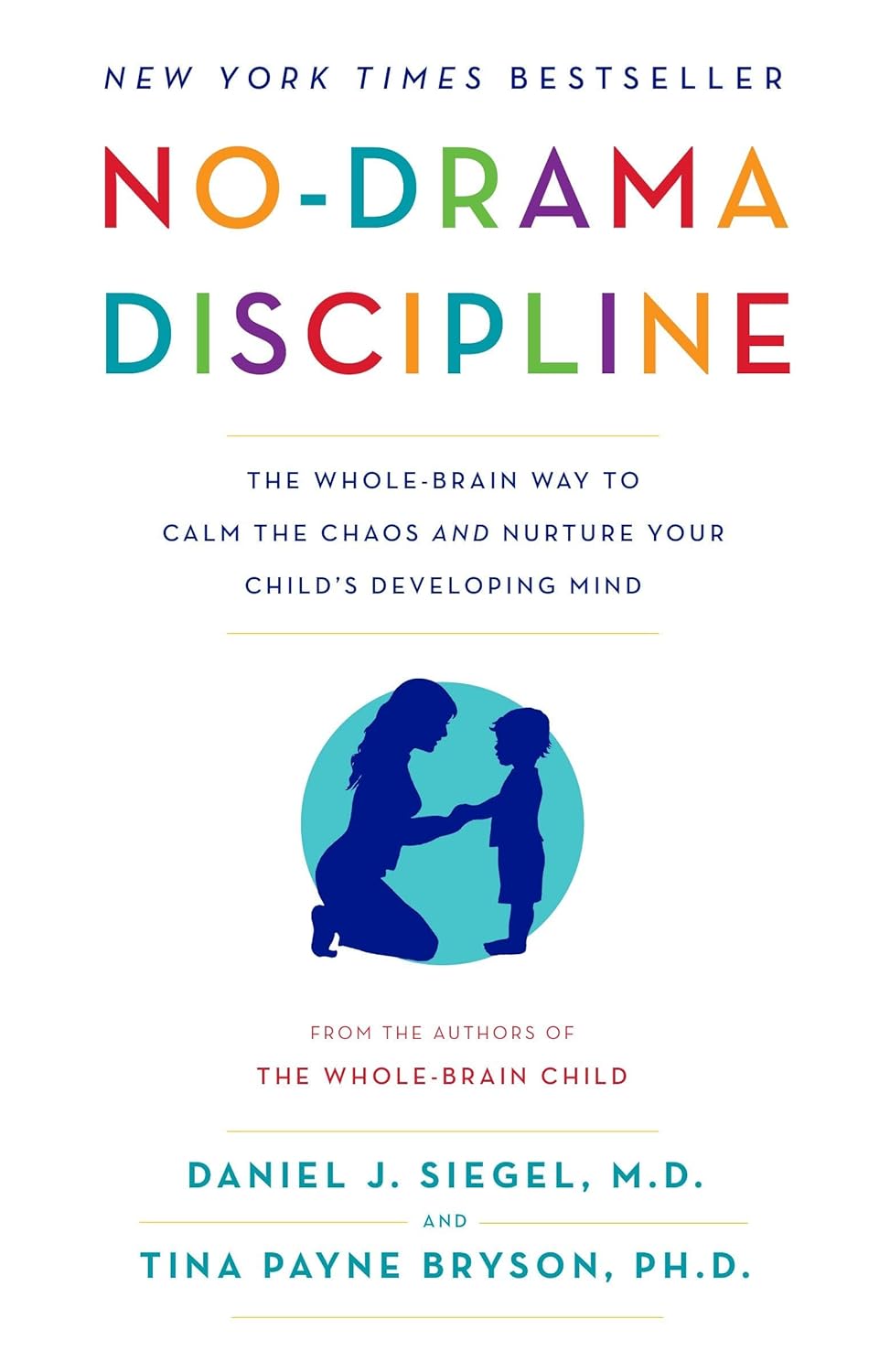
Fostering a Growth Mindset and Resilience
These books focus specifically on the language and mindset needed to raise children who are resilient, embrace challenges, and understand that their abilities can be developed.
Mindset: The New Psychology of Success
While not exclusively a parenting book, this is the seminal work on the "growth mindset" versus the "fixed mindset." Dr. Dweck explains how our beliefs about our own abilities and intelligence dramatically influence our lives. The parenting sections are invaluable, teaching how the way we praise our children ("You're so smart!" vs. "You worked so hard!") can either promote a fixed mindset that fears failure or a growth mindset that embraces challenges.

The Gifts of Imperfection: Let Go of Who You Think You're Supposed to Be and Embrace Who You Are
Like Mindset, this isn't solely a parenting book, but its influence on the parenting world is immense. Brené Brown's research on vulnerability, courage, worthiness, and shame is transformative for parents. The book includes guideposts for "Wholehearted Parenting," focusing on raising children who have a deep sense of their own worth. It's about letting go of perfectionism and raising children who know they are worthy of love and belonging, exactly as they are.

Handling Big Emotions and Challenging Behavior
These books offer deep dives into managing the most challenging moments with compassion and skill.
The Explosive Child: A New Approach for Understanding and Parenting Easily Frustrated, Chronically Inflexible Children
This book is a lifesaver for parents of children who have frequent, intense meltdowns. Dr. Greene's mantra is "Kids do well if they can." He posits that challenging behavior is not a result of a child being manipulative or attention-seeking, but rather a symptom of lagging skills (like flexibility, frustration tolerance, or problem-solving). His "Collaborative & Proactive Solutions" model provides a compassionate, non-punitive method for working with your child to solve the problems that lead to explosive episodes.
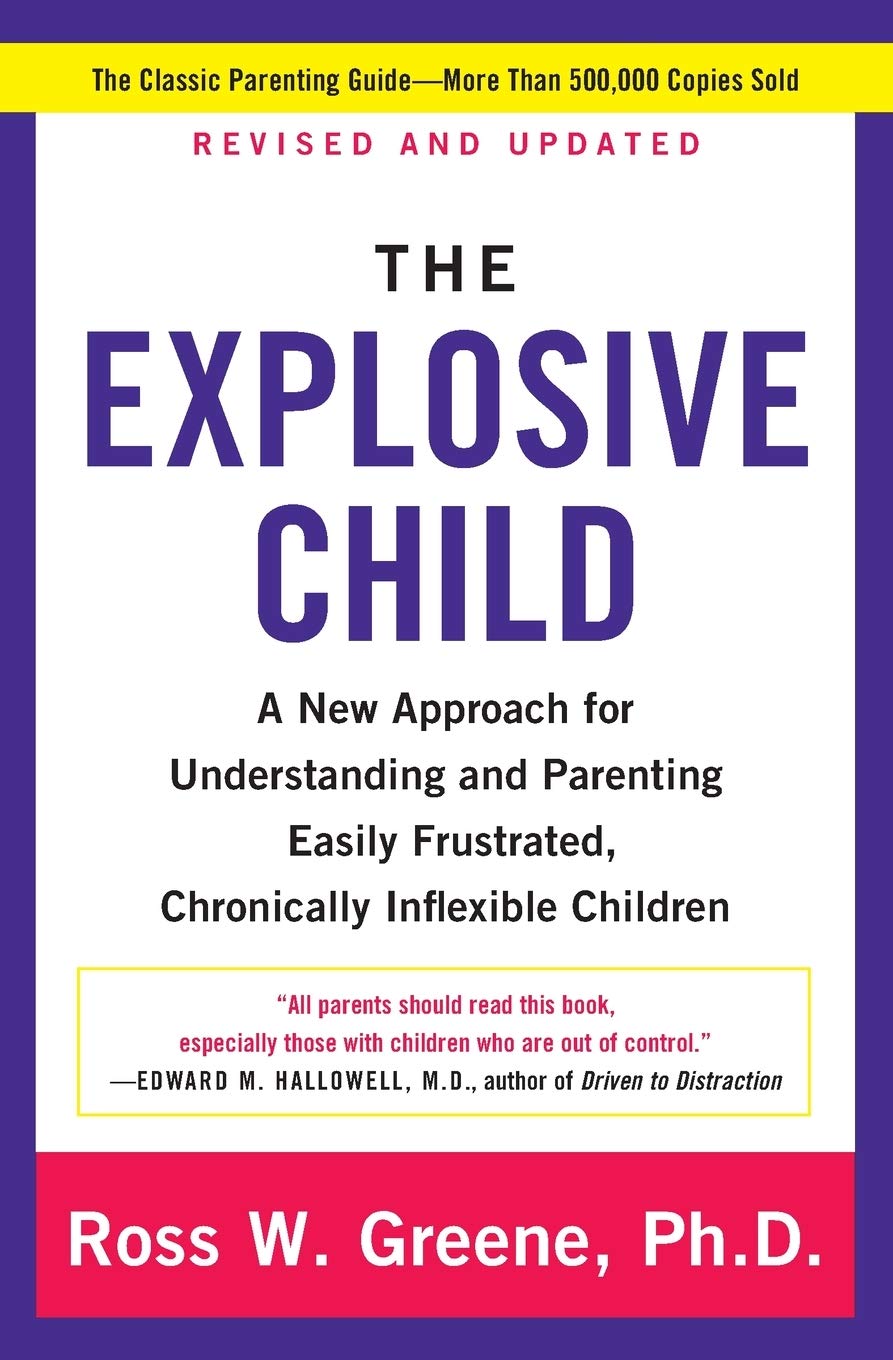
Hunt, Gather, Parent: What Ancient Cultures Can Teach Us About the Lost Art of Raising Happy, Helpful Little Humans
Dr. Doucleff, a science journalist, travels with her young daughter to three of the world's most venerable cultures to learn their parenting techniques. She finds that many Western parenting struggles (sibling rivalry, tantrums, refusing to help) are nearly non-existent in these communities. The book offers a fascinating look at how to build cooperation, confidence, and helpfulness by changing the parent-child dynamic from one of conflict to one of teamwork.
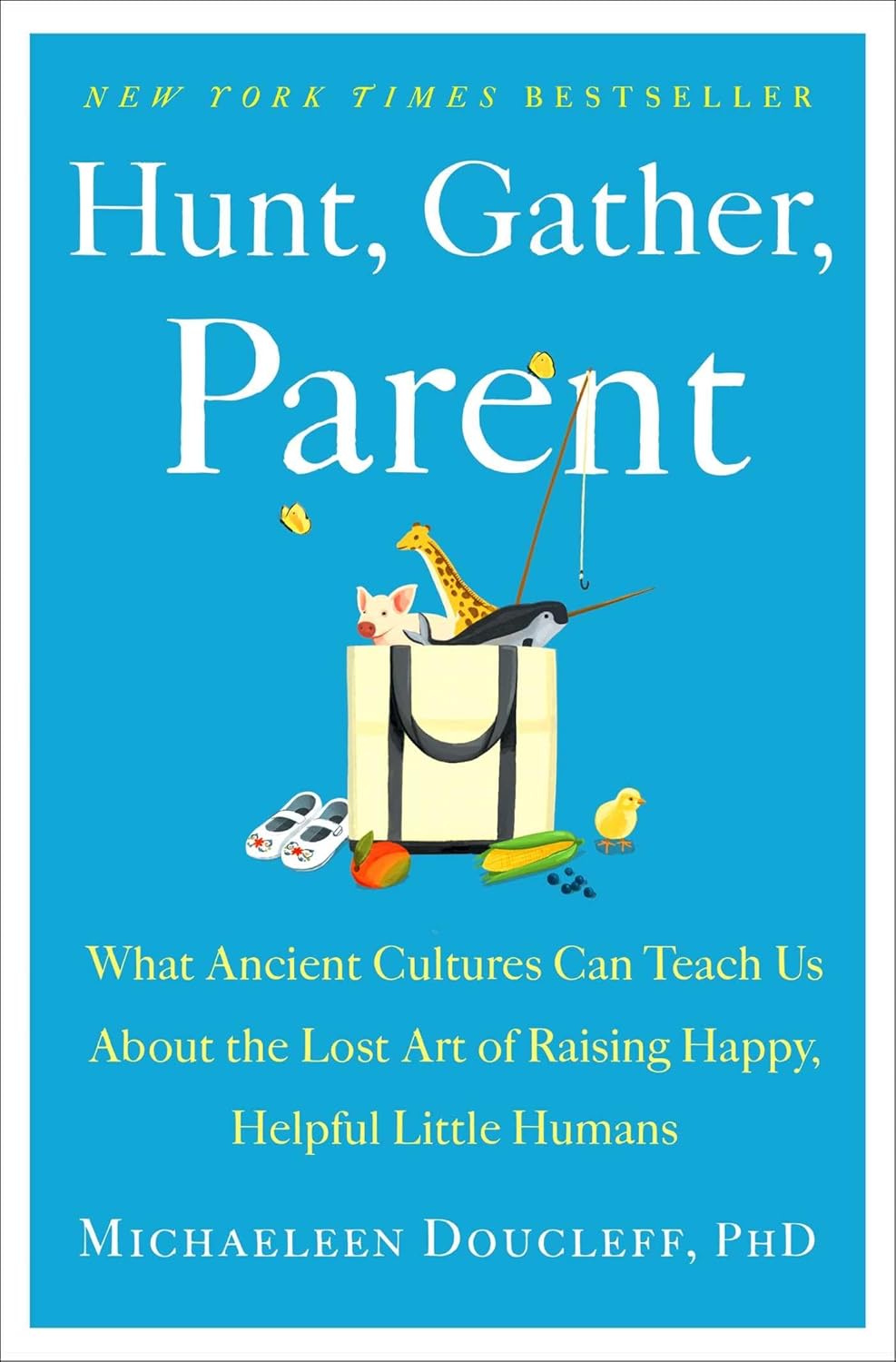
Continue Your Learning Journey
Download the Even Keel Parenting app for personalized support to complement your reading.